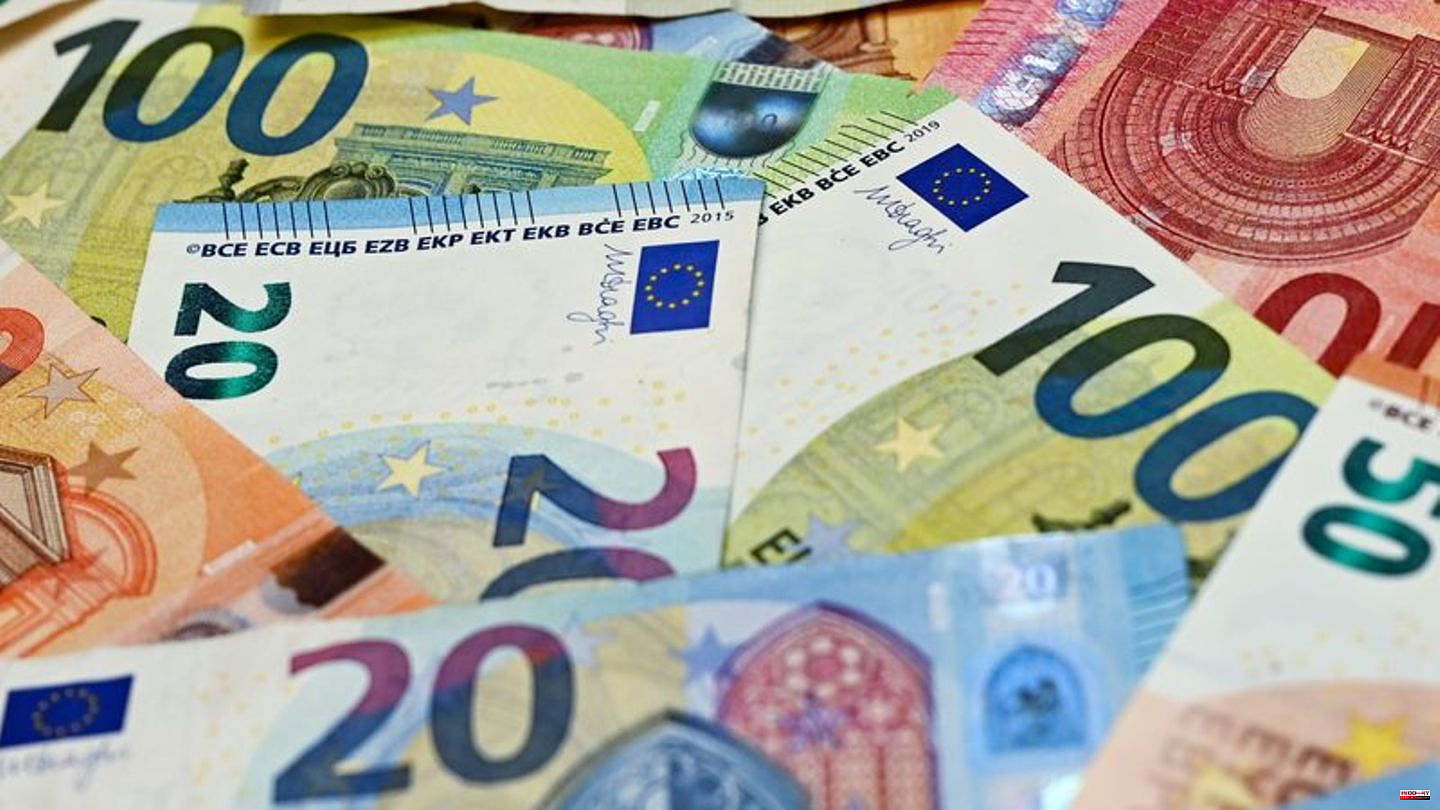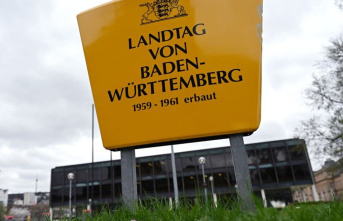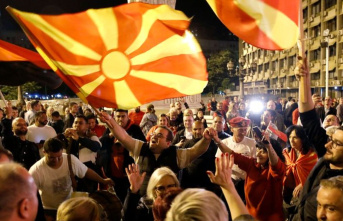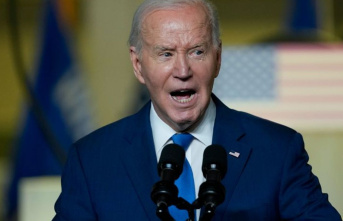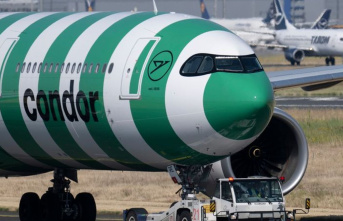The Bundestag has approved a supplementary budget for the current year. Parliament suspended the debt brake again. According to the Karlsruhe budget ruling, it puts the budget for 2023 on a legally secure footing. New debt is now 70.61 billion euros, 44.8 billion euros above the permitted borrowing.
A supplementary budget is a subsequent change to a budget that has already been approved by Parliament. The Bundestag is thus drawing the consequences from the ruling of the Federal Constitutional Court in Karlsruhe. The highest German court had decided that the federal government was not allowed to reserve emergency loans for later years.
That's exactly what he did in the Economic Stabilization Fund (WSF) to curb energy prices and in the flood relief fund. This year, loans were used that the federal government should not have actually taken out after the ruling. With the supplementary budget, the traffic light government is making expenditure of 43.2 billion euros from the WSF and 1.6 billion euros in development aid legally secure.
The prerequisite for the budget resolution was that the Bundestag declared an extraordinary emergency and thus suspended the debt brake for the fourth time in a row. The regulation in the Basic Law expressly provides for this option for emergencies. In recent years, Parliament has justified this first with the Corona crisis and then with the effects of the Ukraine war on German public finances.
Subsequent security for energy price controls and flood relief
This time, too, the federal government argued that the profound humanitarian, social and economic consequences of the war were affecting the state's financial situation. In addition, damage from the flood disaster in summer 2021 has not yet been repaired. CSU General Secretary Martin Huber accused the traffic light coalition of using fake emergencies to suspend the debt brake.
Expenditures amounting to 461.21 billion euros are now planned for the current financial year. The decision also made further changes to the budget. The amount of tax revenue and interest expenses have been adjusted to the most recent forecast.
In addition, a loan of around ten billion euros for the stock pension will no longer be available because the necessary foundation has not yet been founded. The stock pension is intended to relieve the burden on pension insurance in the longer term. A capital stock is to be built up bit by bit from public funds, the income from which will be used to stabilize pension contributions and the pension level. The supplementary budget also marked the end of the pot for energy price caps.
The Federal Constitutional Court’s ruling also had consequences for next year’s budget. After days of negotiations, the traffic light leaders only decided on Wednesday how they wanted to plug a billion-dollar hole: with numerous savings measures, but for the time being without suspending the debt brake.
A lot of criticism
The Union previously expressed constitutional concerns with regard to the traffic light government's supplementary budget for the current year. An incorrect booking system is still being used in parts of the budget, said parliamentary group vice-president Mathias Middelberg (CDU) in the Bundestag. "And that's why constitutional concerns remain about your supplementary budget today."
The Federal Audit Office also considers it to be unconstitutional. The question is at what point in time loans are counted towards the debt brake: when they are approved or when they are actually taken out.
CDU politician Middelberg also didn't give a damn about the traffic light coalition's agreement for the 2024 budget year. "That's not a good compromise for this country. It's more of an attempt to mend the crack in their traffic lights," he said. The agreement is a rescue package for the traffic light government. "Unfortunately it's nothing more."
The main component is “massive tax and levy increases”. Middelberg called, among other things, for the introduction of climate money as set out in the coalition agreement. “That would have been the decisive step towards social equalization,” he said. The traffic light coalition had intended climate money as social compensation for increasing climate protection burdens on citizens, but it has not yet been implemented.
Debt brake: reform commission called for
Baden-Württemberg's Finance Minister Daniel Bayaz (Greens) and Berlin's Finance Senator Stefan Evers (CDU) are campaigning for a reform commission for the debt brake. This should be made up of representatives from the federal government, states and science in order to further develop the debt brake, the two politicians write in a guest article that appeared in the “Tagesspiegel”.
The two state politicians consider an investment rule as part of the debt brake to be a conceivable part of a possible reform. “This would make it possible to finance additional investments with loans, for example with a view to the challenges of transformation,” says the guest article. "A new exception to the debt rule must not lead to new scope being created for consumptive or non-targeted spending by making the concept of investment politically charged."
The countries also need more debt flexibility. “A state debt of, for example, 0.15 percent of their GDP would open up scope that could be used for the most important state policy issue, education,” write the two politicians. According to their idea, emergency loans should also be able to be used beyond the year in which the emergency began.
The debt brake is being criticized following the federal budget chaos. There is talk among the states about starting a reform initiative in the Federal Council, as Berlin's Governing Mayor Kai Wegner (CDU) said on RBB Inforadio.

